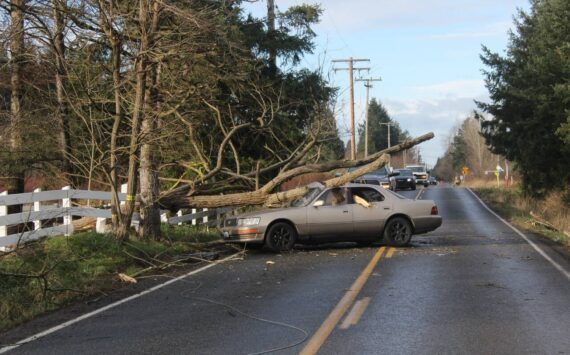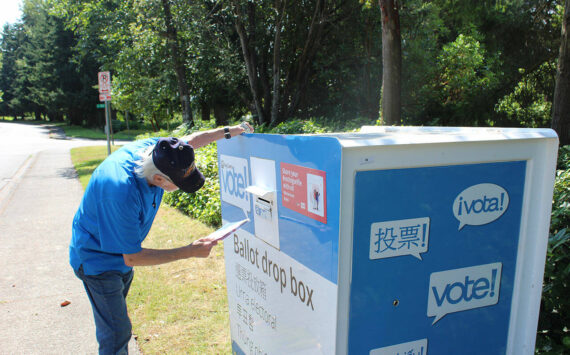As it did a year ago, the U.S. economy is entering 2003 in a fretful state.
Concern about the consequences of potential war with Iraq cast a pall over 2003 prospects, much as the aftershock of the Sept. 11, 2001, terror attacks did in 2002.
U.S. stock prices closed out 2002 with their first three-year losing streak since 1939 to 1941, the year-end holiday shopping season held little cheer, companies were shedding jobs by the thousands and data showed consumer moods were souring.
War with Iraq – whether and when it happens and how long it lasts – is the key to changing the economys fortunes in the new year, economists say.
The Conference Board, a private business research group, said Tuesday its Consumer Confidence Index dropped to 80.3 in December from a revised 84.9 in November, a far steeper fall than economists had expected.
Consumers were worried about rising unemployment, up to 6 percent in November from 57 percent in October. But analysts said the underlying cause of sagging confidence was the fear of war.




